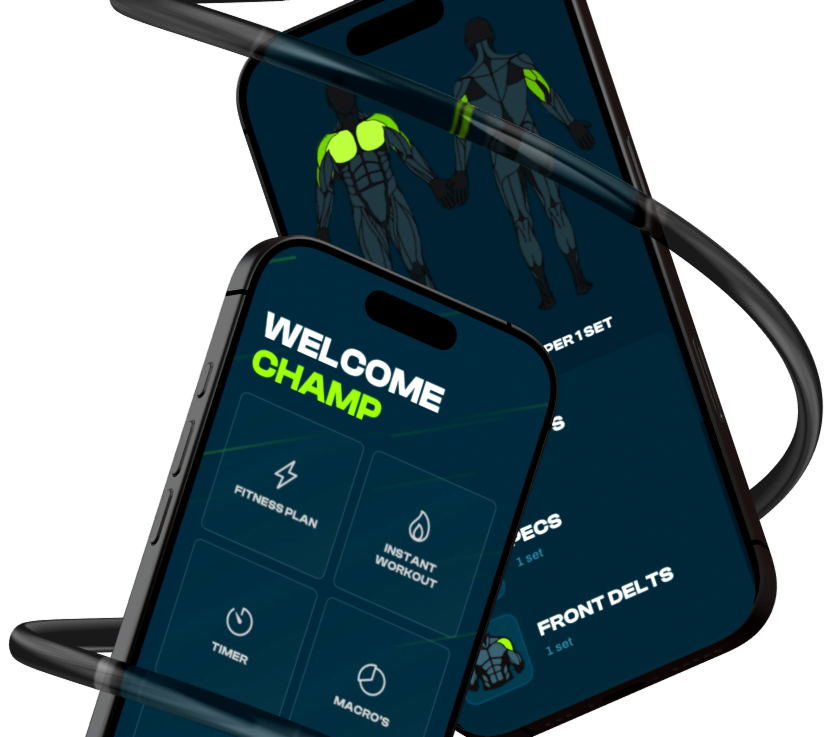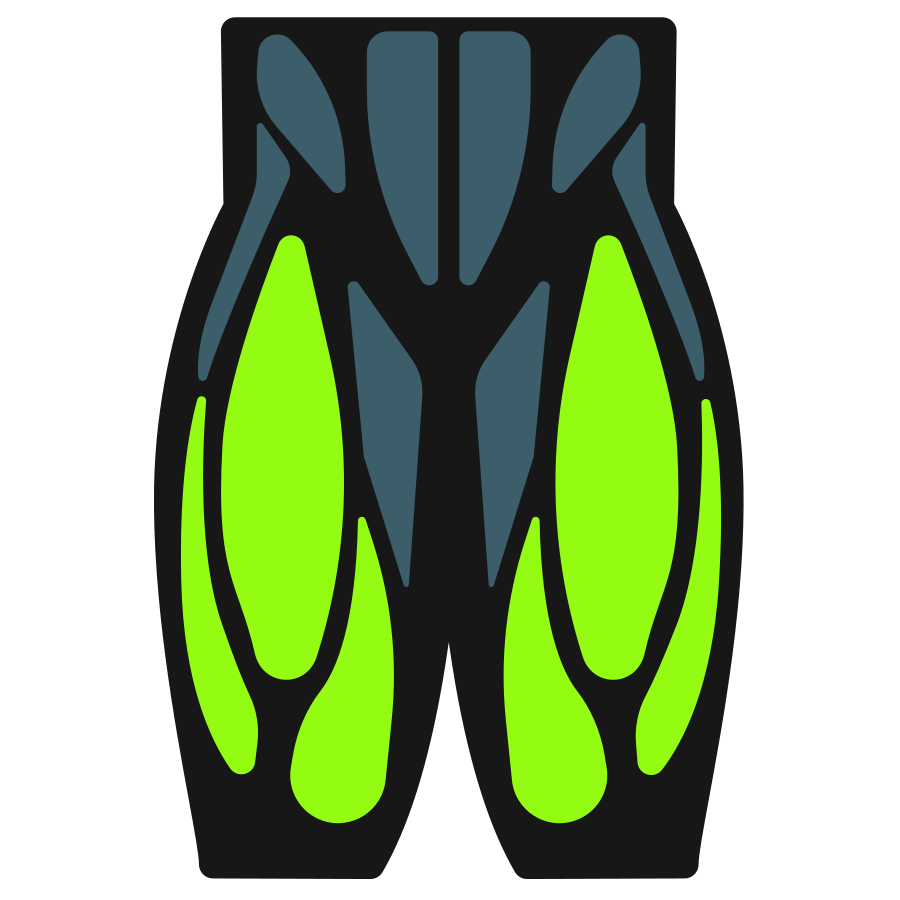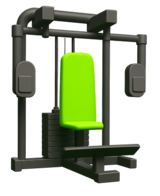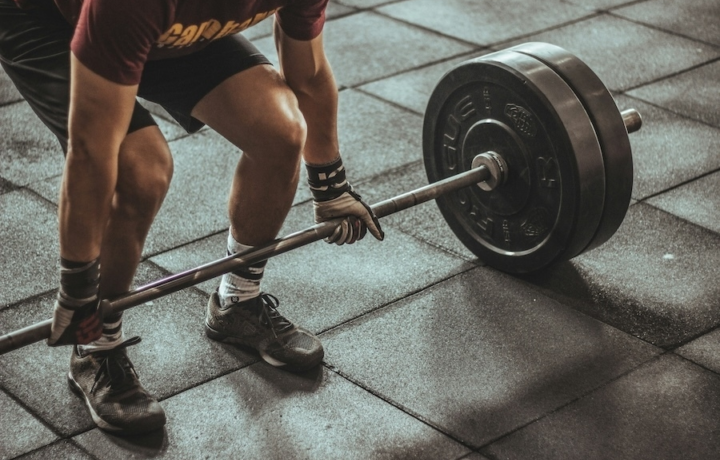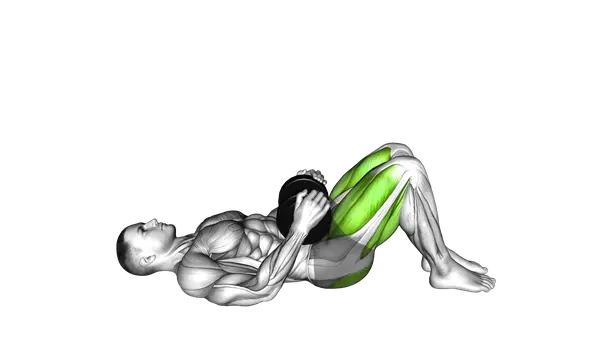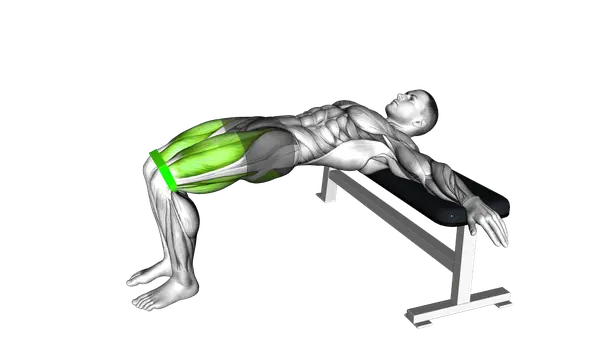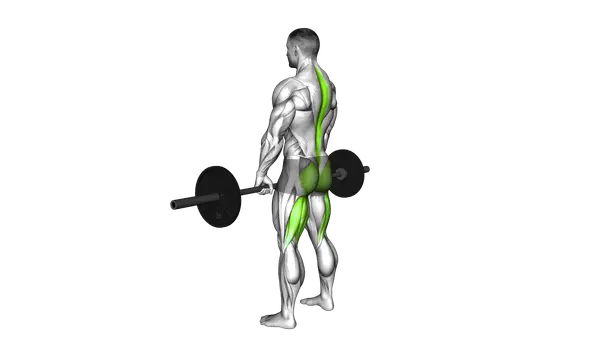Exercise
Lever Seated Leg Curl
The Lever Seated Leg Curl is a machine-based exercise that trains the back of the legs by bending the knees against controlled resistance.
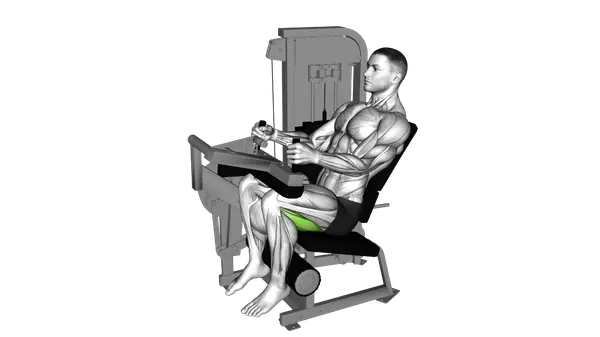
Lever Seated Leg Curl
The Lever Seated Leg Curl is performed while seated in a machine with your lower legs placed against a padded lever. From this position, you bend your knees to pull the pad downward and back, then slowly return to the starting position while staying supported by the seat and backrest.
The exercise mainly targets the muscles on the back of your upper legs, which are important for knee control, walking, running, and many lower-body movements. You should feel a clear contraction behind your thighs as you curl the weight, while your hips stay pressed into the seat and your upper body remains relaxed and still.
Lever Seated Leg Curl is useful when you want to train the back of the legs without balancing or hinging at the hips. It’s often used as accessory work, during warm-ups, or after compound leg exercises. You can make it easier or harder by adjusting the weight, slowing down the movement, or pausing briefly at the bottom while keeping everything controlled.
How to Perform the Lever Seated Leg Curl
- Adjust the machine seat so your knees align with the machine's axis of rotation, and secure the padded lever behind your lower calves or ankles.
- Sit up straight with your back pressed firmly against the backrest and grasp the handles or side bars for stability.
- Inhale and check that your legs are fully extended in front of you with a slight bend in the knees to avoid hyperextension.
- Exhale as you contract your hamstrings to curl your legs back and down in a smooth, controlled movement.
- Continue the curling motion until your legs reach a 90-110 degree angle or the maximum range allowed by the machine.
- Hold the contracted position for a brief moment while maintaining tension in your hamstrings and keeping your upper body stationary.
- Inhale as you slowly return your legs to the starting position, controlling the weight throughout the eccentric phase.
- Resist the temptation to let the weight stack drop quickly, and maintain proper form throughout each repetition.
Important information
- Keep your hips and back pressed firmly against the seat throughout the entire movement to isolate the hamstrings properly and protect your lower back.
- Adjust the range of motion to accommodate your flexibility and avoid any knee discomfort; never force your legs beyond a comfortable range.
- Focus on contracting your hamstrings rather than just moving the weight; quality of muscle engagement is more important than the amount of weight used.
- If you experience any unusual knee pain or discomfort, stop the exercise immediately and check your positioning or reduce the resistance.
FAQ - Lever Seated Leg Curl
The Lever Seated Leg Curl primarily targets the hamstring muscle group (semitendinosus, semimembranosus, and biceps femoris). It also engages the gastrocnemius (calf) as a secondary muscle and involves the glutes to a lesser degree.
For optimal results, incorporate Lever Seated Leg Curls 1-2 times per week with at least 48 hours between sessions to allow for proper recovery. Advanced lifters may perform them up to 3 times weekly if following a specialized hamstring-focused program or split routine.
The three most critical errors are allowing the hips to sag (losing the pike position), shoulders rolling forward (compromising joint safety), and excessive body wobbling due to poor core bracing. Focus on maintaining a straight line from hands to hips, keeping shoulders packed away from ears, and engaging your core throughout the movement.
Increase the challenge by implementing tempo training (slower eccentrics of 3-5 seconds), adding drop sets or partial reps at the end of your working sets, or incorporating rest-pause training. You can also try single-leg variations if your machine allows for unilateral work.
For maximum strength and performance, perform Lever Seated Leg Curls after compound movements like squats or deadlifts when the hamstrings are pre-activated but not completely fatigued. This sequencing optimizes muscle fiber recruitment while allowing you to lift heavier on your primary compound movements.

Lever Seated Leg Curl
Exercise Details
Primary Muscles
Secondary Muscles
Muscle Groups
Mechanic
Risk Areas
Built for progress
Take the guesswork out of training
Create personalized AI-powered workout plans that evolve with you. Train smarter, track every rep and keep moving forward, one workout at a time.





